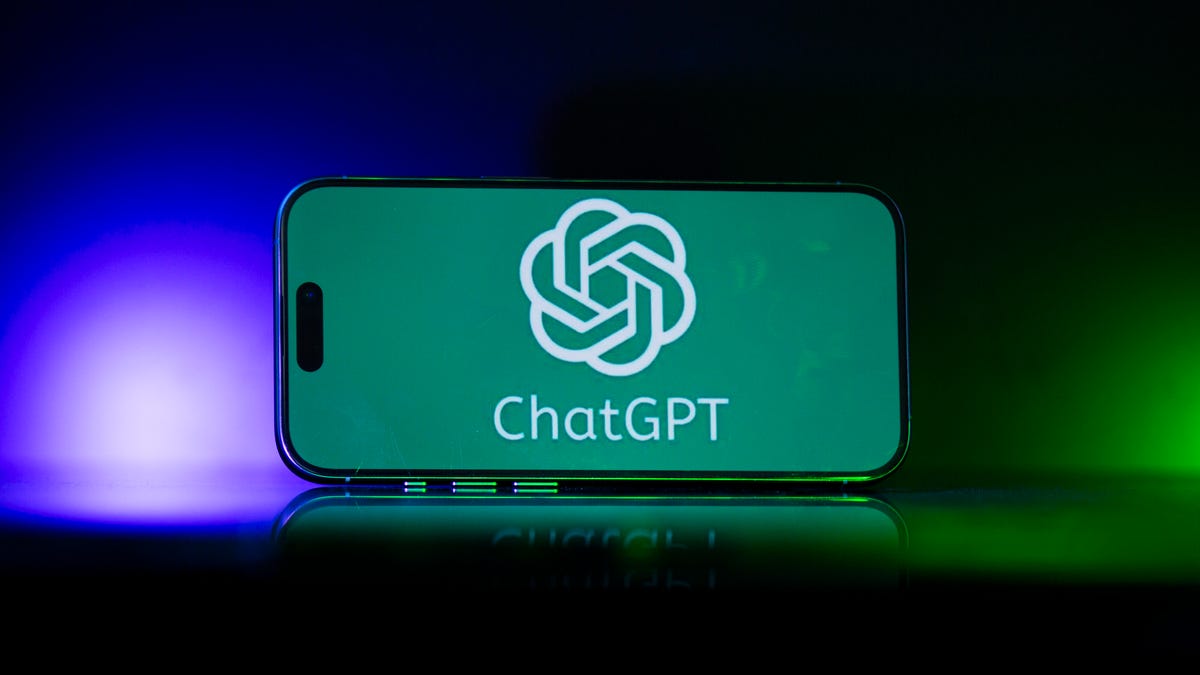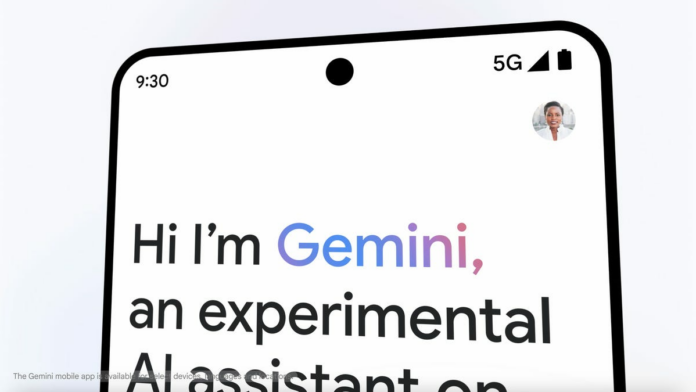Apple and Google have been vying for dominance of the mobile market for more than a decade. That’s why reports from Bloomberg, The New York Times and The Wall Street Journal indicating that the two longtime rivals may collaborate came as quite a surprise this week.
Google and Apple are reportedly in talks to bring the search giant’s Gemini AI model to the iPhone. It looks like a huge win for Google on the surface, as it would mean its AI would be built into the two of the most widely used computing platforms in the world: iOS and Android.
But a partnership like this could have huge implications about the role of generative AI in smartphones, suggesting it’s becoming a must-have for new phones rather than just a niche feature found on select models. Such a deal, which is still a rumor at this point, would imply that Apple can’t wait any longer to bring generative AI to the iPhone.
“It reinforces how dramatically [generative] AI features have influenced everybody, including Apple,” said Bob O’Donnell, president and chief analyst for Technalysis Research.
Apple and Google representatives didn’t immediately respond to a request for comment for this story.
Read more: Your Future Phone Will Likely Be Smarter, Faster and More Flexible
Reports of Google Gemini coming to the iPhone
If the reports turn out to be true, Apple is considering using Google’s model to power a handful of upcoming features while it continues to develop its own AI-based iPhone tools. Google’s AI models would likely be used to power cloud-based iPhone functions, according to Bloomberg, which could potentially include generating content based on prompts and photo editing tools. But the reports also indicate Apple is talking to other companies like OpenAI about a possible partnership as well.
Although Apple and Google are competitors, it wouldn’t be the first time they’ve collaborated in such a way. Google already pays Apple billions of dollars to be the default search engine on the iPhone, so partnering on the underlying technology for upcoming AI features would seemingly be an extension of that relationship.
Read more: Hidden AI features available on your iPhone now
“In that context, Google could simply be talking to Apple about the next version of search,” said Avi Greengart, president and lead analyst of Techsponential.
It’s also not uncommon for Apple to partner with other tech companies on certain components and technologies while it develops its own in-house alternatives. Qualcomm supplies Apple with 5G modems for the iPhone, for example, while Apple previously used Intel’s chips for its Mac line before it created its own M-series processors.
Apple is reportedly in discussions with Google to use the search company’s Gemini model to power certain iPhone features.
It’s impossible to know how an AI partnership with Google would play out, if it happens at all. But there’s already one example to draw from: the Galaxy S24 series. Samsung’s new trio of smartphones include a suite of AI-powered features, such as the ability to translate calls in real time, summarize notes, manipulate and erase objects in photos and launch a Google search for objects on screen just by circling them.
Samsung takes a hybrid approach with these features, which it appropriately calls Galaxy AI. That’s to say some tools are powered by Samsung’s AI models, while others are fueled by Google’s. Samsung has hinted at the possibility of charging for some Galaxy AI features in the future, a tactic that Apple is no stranger to with its wide array of subscription services.
But it’s also important to remember that Samsung and Apple have different product strategies. Samsung prefers to be fast and early, while Apple will often wait until technologies have matured or until it’s figured out its own unique approach.
Based on Bloomberg’s report, it sounds like any Gemini-based features would essentially be a stopgap for broader AI-based changes coming to the iPhone. Apple is reportedly developing AI features that would be processed on the device and woven into the iPhone at the operating system level.
The Gemini partnership could be an effort to make sure the iPhone’s software stays up to par with Android competitors while Apple develops more sweeping changes for iOS.
“If AI were to be a core part of the operating system, that would be something that Apple would want to control,” Greengart said.
Why it would be a big deal

ChatGPT
A year ago, generative AI was still largely confined to web tools like ChatGPT, Microsoft’s revamped Bing search engine and Google’s chatbot, which was then called Bard. But throughout 2023 and 2024, it’s become a much more integral part of the most important device we use everyday: the smartphone.
A partnership with Google would show that idea isn’t lost on Apple. And it would further prove that generative AI-based features are increasingly important when it comes to what’s next for the smartphone. Apple can’t afford to miss out.
Market research firm the International Data Corporation predicts that 170 million “next-gen AI smartphones,” or phones with specific types of processors capable of running on-device generative AI efficiently and quickly, will be shipped in 2024. That represents 15% of total smartphone shipments and is a notable increase from the 51 million AI phones shipped last year, the firm says.
Projections from Gartner, another well-known market research firm that studies the technology industry, suggest generative AI smartphones will become even bigger in 2024. The firm expects 240 million such devices to ship in 2024, accounting for 22% of basic and premium smartphone shipments.
And if you need even more evidence that generative AI is playing a more meaningful role on our phones, there’s the ChatGPT iPhone app. OpenAI’s app, despite only being released for the App Store less than a year ago, is already one of the most-downloaded free apps in the US, according to Data.ai.
There’s a lot riding on Apple’s take on generative AI. Apple is known for popularizing technologies like the smartphone, tablet and smartwatch, and there’s likely an expectation that it will do the same with generative AI. That takes time — and more time than Apple probably wants to wait before bringing generative AI to the iPhone on some level.
Analysts questioned Apple’s plans regarding generative AI during the company’s recent earnings call. Apple CEO Tim Cook said “there’s a huge opportunity for Apple with gen AI and AI,” but didn’t elaborate.
Apple is rarely first when it comes to emerging technologies. It still, for example, hasn’t launched a foldable phone, despite the fact that just about every major Android phone maker has.
But generative AI is different. In fact, it’s the opposite of foldables. Although they’ve improved greatly in recent years, foldable phones still feel like they’re solving a problem that isn’t really there. But ChatGPT, with its overnight success, solved a problem that most people didn’t even know existed. It proved generative AI’s place in our lives before the technology spread to other devices and services.
More than anything else, a partnership between Apple and Google to bring Gemini to iPhones would be a statement. It would set the expectation that generative AI is an essential part of the modern smartphone, making the technology truly mainstream on mobile devices.
Editors’ note: CNET is using an AI engine to help create some stories. For more, see this post.


